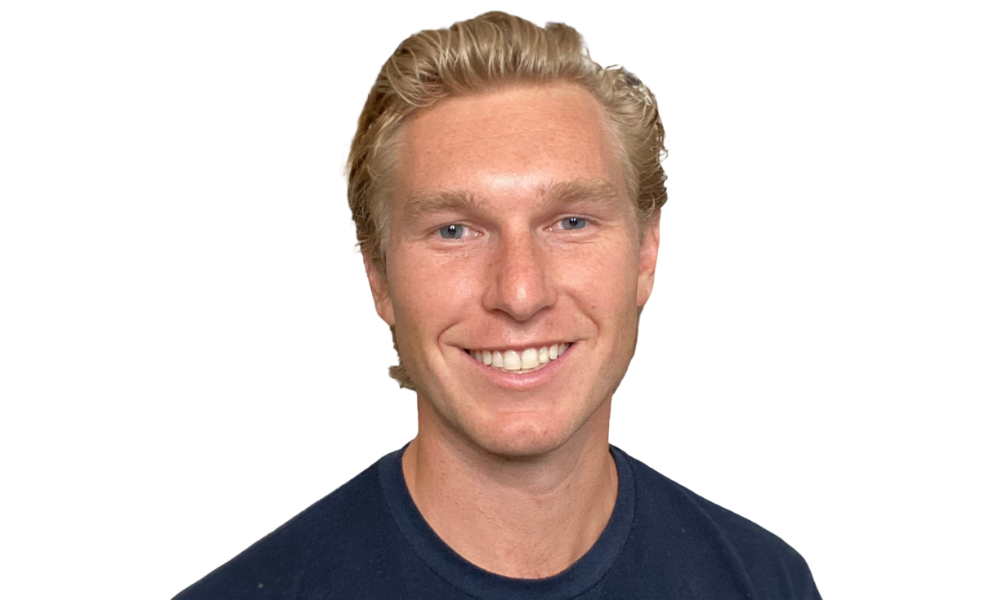

Dealing with the unpredictable nature of interest rate changes coupled with sticky inflation concerns is no small feat. It is, however, all in a day’s work for Colin Overweg. As the founder and CEO of Advize Wealth Management, he emphasizes the importance of diversification and a safety net.
“If you ask 10 economists to predict the stock market, you’ll get 10 different opinions, and they will probably all be wrong. The truth is that nobody knows. What I’m telling my clients is that we need to make sure that we’re staying diversified and keeping the emergency fund full.
“The stock market, since late October over a nine-month period, is up 37 percent. We can probably expect that we’re not going to see the stock market up another 37 percent over the next nine months. This type of growth is unsustainable. We need to make sure that we understand our time horizons when we’re investing.”
A significant focus for Overweg is the concentration of growth in large-cap tech stocks.
“This stock market run over the last nine months has really been led by the top 10 names. In the S&P 500 right now, the top 10 companies represent about 35 percent of the market cap weighted S&P 500. It probably makes sense to start taking a couple of chips off the table.”
For Overweg, he believes that gradual rebalancing here is key.
“These type of rebalances aren’t necessarily slamming on the brakes – we're trying to find that happy medium,” he says. “Folks with longer time horizons can certainly take advantage of a higher equity position. Small companies have outperformed large companies over long periods of time.”
Addressing inflation and equity performance, Overweg understands better than most the difference between risk and volatility.
“Risk is actually the loss of principal or maybe having a bad outcome in your retirement plan. Volatility is the stock market going up and down. Nobody has ever lost money in a globally diversified stock portfolio over a 15-to-20-year period.”
Overweg uses a “stair-step system” to manage time horizons and portfolio adjustments. For short-term needs, he advocates keeping money safe in high-yield savings accounts.
“If you need money in the next two, three years, the stock market is not the right tool for the job. When you expand that time horizon to 10 years plus, stocks are a fantastic place to go.”
Discussing long-term strategies amid enduring inflation and economic stability, Overweg really stresses global diversification.
“It’s important not to be focused so much on the US. There are attractive plays in the emerging and developed international markets. I do feel that it is a new emerging asset class and is starting to become the digital gold.”

Rajesh Markan earlier this year pleaded guilty to one count of criminal fraud related to his sale of fake investments to 10 clients totaling $2.9 million.

From building trust to steering through emotions and responding to client challenges, new advisors need human skills to shape the future of the advice industry.

"The outcome is correct, but it's disappointing that FINRA had ample opportunity to investigate the merits of clients' allegations in these claims, including the testimony in the three investor arbitrations with hearings," Jeff Erez, a plaintiff's attorney representing a large portion of the Stifel clients, said.

Chair also praised the passage of stablecoin legislation this week.

Maridea Wealth Management's deal in Chicago, Illinois is its first after securing a strategic investment in April.
Orion's Tom Wilson on delivering coordinated, high-touch service in a world where returns alone no longer set you apart.
Barely a decade old, registered index-linked annuities have quickly surged in popularity, thanks to their unique blend of protection and growth potential—an appealing option for investors looking to chart a steadier course through today's choppy market waters, says Myles Lambert, Brighthouse Financial.
